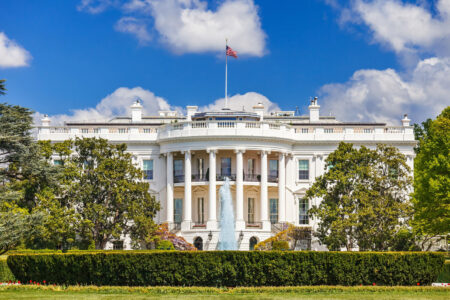The next crypto market bull run has encountered another hurdle as the U.S. Securities and Exchange Commission (SEC) and the Treasury Department target two pillars of the crypto ecosystem: Bored Ape Yacht Club's Yuga Labs and Bittrex are under pressure to have performed non-legal activities.
The SEC is reportedly investigating Yuga Labs, the company behind Bored Ape Yacht Club (BAYC), for possible violations of investor disclosure rules surrounding sales of its non-fungible tokens (NFTs), while the Treasury Department’s Office of Foreign Assets Control (OFAC) and Financial Crimes Enforcement Network (FinCEN) fines crypto exchange Bittrex for sanctions violation.
SEC could not object to Yuga Labs so far
The Bored Ape Yacht Club is a collection of 10,000 algorithmically-generated simian profile picture NFTs that live on the Ethereum blockchain and grant owners membership to an exclusive club. It was launched in April 2021 by Yuga Labs and boasts celebrity owners like Justin Bieber, Jimmy Fallon, Gwyneth Paltrow, and Snoop Dogg.
So far the SEC is still in the early stages of its probe into Yuga Labs. According to an individual familiar with the matter, the rub of the SEC’s investigation is whether certain NFTs resemble stocks and hence should follow similar disclosure rules. The federal agency is also looking into the distribution of ApeCoin, a crypto asset launched by Yuga Labs in March 2022, designed to be a spendable asset in the company’s Web3 ecosystem. In addition also the Universal Music Group has recently enlisted top-tier producers to shape the sound for its upcoming virtual rock band Kingship based on the BAYC NFT collection. However Yuga Labs has already made a statement to Bloomberg:
“It’s well-known that policymakers and regulators have sought to learn more about the novel world of web3. We hope to partner with the rest of the industry and regulators to define and shape the burgeoning ecosystem. As a leader in the space, Yuga is committed to fully cooperating with any inquiries along the way.” - Yuga Labs
Bittrex under legal pressure from OFAC
Meanwhile, OFAC and FinCEN have issued two separate enforcement actions against the crypto exchange Bittrex. According to a press release by the U.S. Treasury Department, Bittrex onboarded customers from countries sanctioned by the U.S. through lax customer screening during the sign-up process. The sanctioned entities then went on to transact over $250 million in digital assets between Mar. 2014 and Dec. 2017. Bittrex has agreed to pay roughly $24 million to settle the civil liability.
The approval from Bittrex to pay for violating tenets of the Bank Secrecy Act related to money laundering was not surprising. According to FinCEN, the exchange reneged on its responsibility to provide appropriate transaction monitoring and failed to address the risks posed by privacy-centric cryptocurrencies being traded on its platform. It also failed to submit any suspicious activity reports between Feb. 2014 and May 2017. FinCEN will credit the $24 million paid to OFAC, meaning that Bittrex will "only" pay around $29 million.




